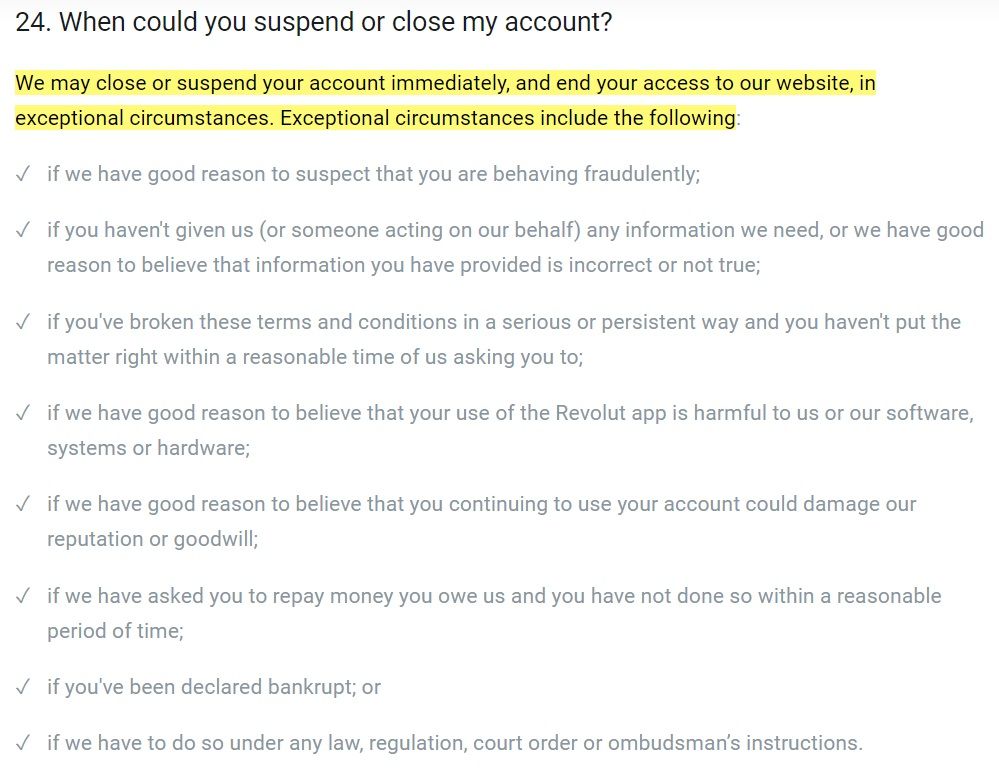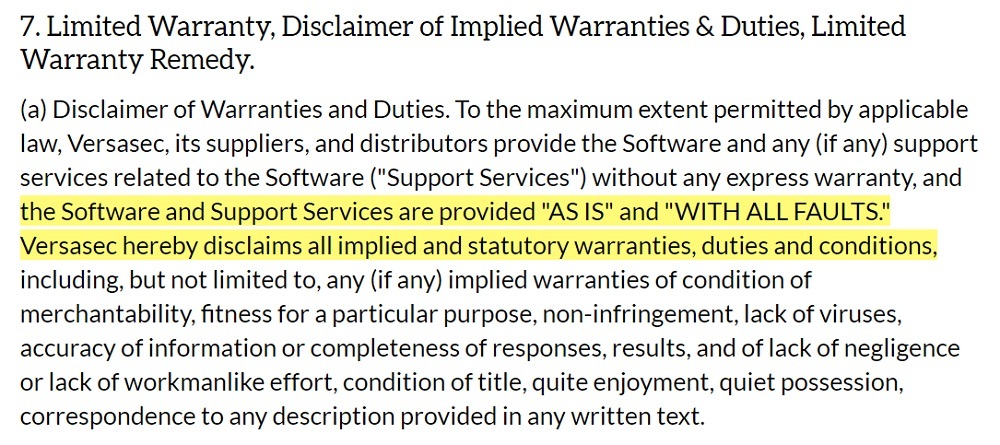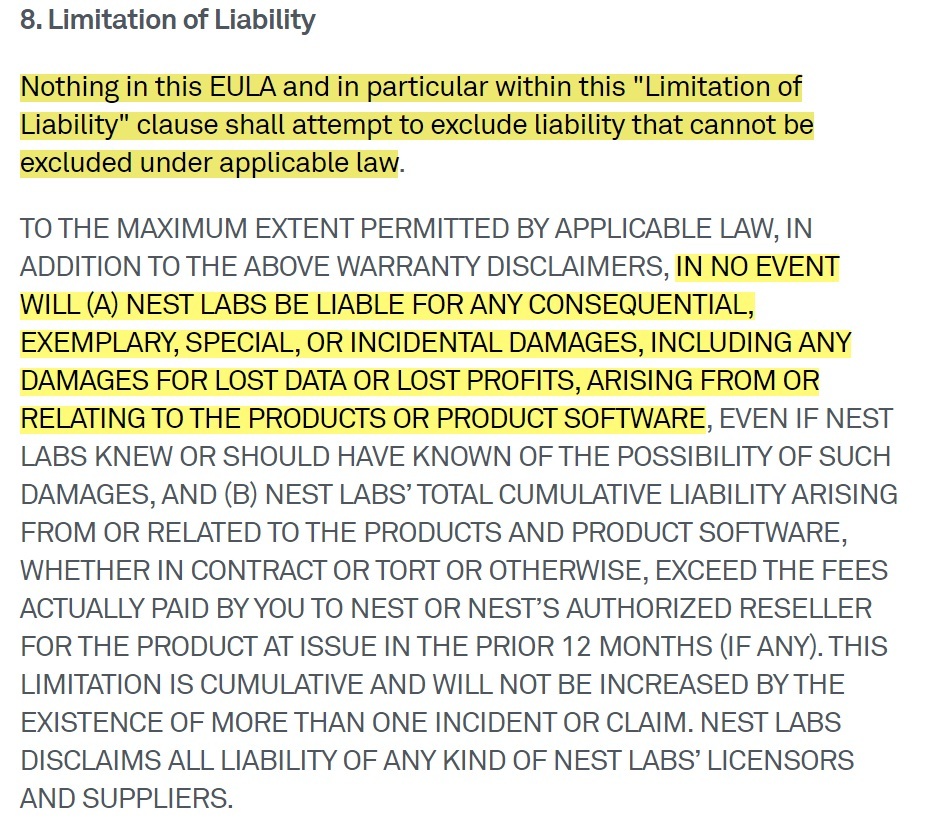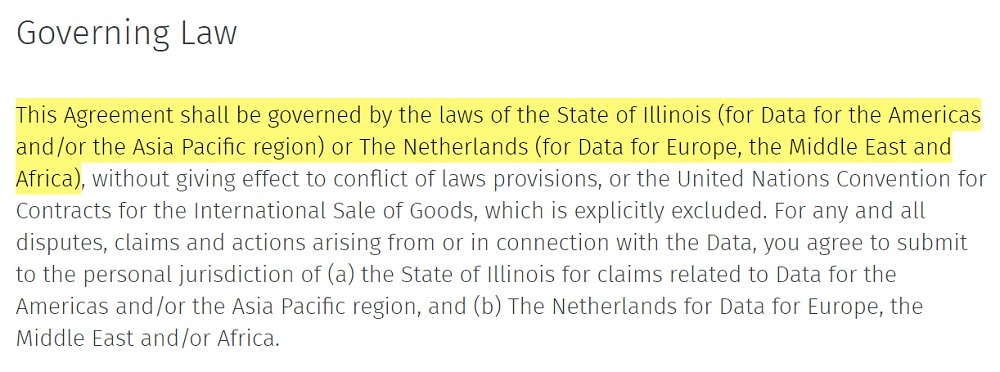How to Write Terms and Conditions
We've set out some of the sections that many businesses include in their Terms and Conditions agreements. You can use this as an outline when creating your own agreement.
We can't tell you precisely what to write in your Terms and Conditions. Your Terms and Conditions must be unique to your business. But here are some great examples of Terms and Conditions agreements for you to use as a starting point.
Key Clauses to Include in Your Terms and Conditions Agreement
Let's look at some of the most common sections that almost every Terms and Conditions agreement will benefit from including, starting at the beginning.
Introduction
Introduce your Terms and Conditions by naming the parties to the agreement (i.e., your business and the customer) and explaining the agreement's purpose and scope.
Here's an example from Sky History:

Incorporation of Other Agreements
You should use your Terms and Conditions to incorporate or make reference to your company's other legal documents, such as your Privacy Policy or End User License Agreement.
Here's an example from Spotify:

Payments and Billing
If you charge for your services, your Terms and Conditions should explain your billing practices. Having a clear explanation of your billing practices set out in your Terms and Conditions is particularly important if you ever end up in a financial dispute with a customer.
Here's an example from Secure Fast Hosting:

Eligibility
You may wish to limit who can access your services. For example, you may only wish to provide services to people over 18 or those living in certain regions. You should make these limitations clear in your Terms and Conditions.
Here's an example from Netflix:

Restricting, Suspending, or Terminating Accounts
From time to time, you may need to restrict, suspend, or terminate a customer's account or their ability to access your services. Failing to set this out clearly in your Terms and Conditions could leave you open to legal issues.
Here's an example from Revolut:

Disclaimer of Warranties
Some national laws impose "implied warranties" on businesses. These implied warranties are like automatic promises that goods or services are accurately described and of reasonable quality.
It is possible to disclaim these implied warranties in some jurisdictions by including a "disclaimer of warranties" in your Terms and Conditions. A disclaimer of warranties can sometimes be helpful when dealing with customer complaints.
The wording of your disclaimer of warranties will vary depending on where your business operates.
Here's an example from Versasec:

Limitation of Liability
If using your product or services causes harm or damage to one of your customers, they attempt to sue your company. Inserting a valid "limitation of liability" clause into your Terms and Conditions places a ceiling on the maximum amount of money for which you can be sued.
The extent to which it is possible to limit your legal liability varies from place to place. Some jurisdictions, such as the UK, do not permit companies to exclude liability for death or personal injury caused by negligence.
Here's an example of a limitation of liability clause, from Nest:

Indemnity
Your customers may cause harm to your business through their careless or unlawful use of your products and services. You can insert an "indemnity" clause into your Terms and Conditions to help ensure that they cover your costs.
Here's an example from Unilever:

Governing Law
Setting the "governing law" of your Terms and Conditions means that, if a legal dispute arises with one of your customers, you get to decide which country's laws should be used to interpret the agreement and which country's courts should settle the dispute.
Here's an example from HERE:

Remember: Some Terms and Conditions agreements may need additional clauses to cover things such as free trial terms, shipping and handling details or more business-specific content. Some businesses also may not need all of the above clauses (such as the payments and billing clause).